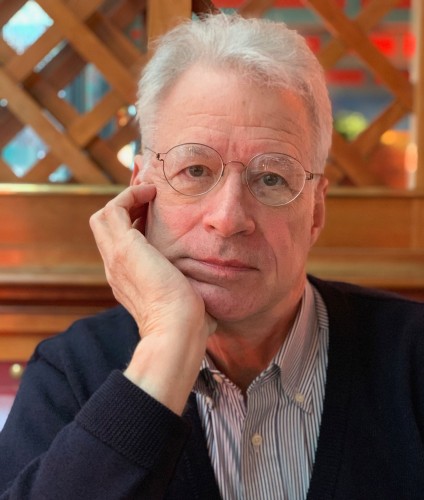
Affiliated Departments & Programs
Daniel Mark Epstein is an American poet, dramatist, and biographer whose works have been translated into many languages. His poetry has appeared in The New Yorker, The Atlantic, Poetry Magazine, The Paris Review, and many other magazines. His stage plays, including “Jenny and the Phoenix,” “The Midnight Visitor,” and “Jefferson and Poe” have been produced Off Broadway (St. Peter’s Church, Symphony Space) and in regional theaters (Baltimore’s Theatre Project); and his radio dramas “Star of Wonder,” and “The Two Menorahs,” have become mainstays on National Public Radio. His many honors include the Prix de Rome (Rome Prize) from the American Academy of Arts and Letters, a Guggenheim Fellowship, a National Endowment for the Arts Fellowship, and an Academy Award for Literature, also from the American Academy of Arts and Letters. He has taught playwriting at The Johns Hopkins University (graduate writing program) and Towson State University. The author of more than twenty-five books, he will be publishing his collected poems, “Constellations,” in the autumn of 2025.
Areas of Expertise
Poetics, classical literature (Latin and Greek), playwriting, creative writing, American history
Education
1970 — Bachelor of Arts from Kenyon College, magna cum laude